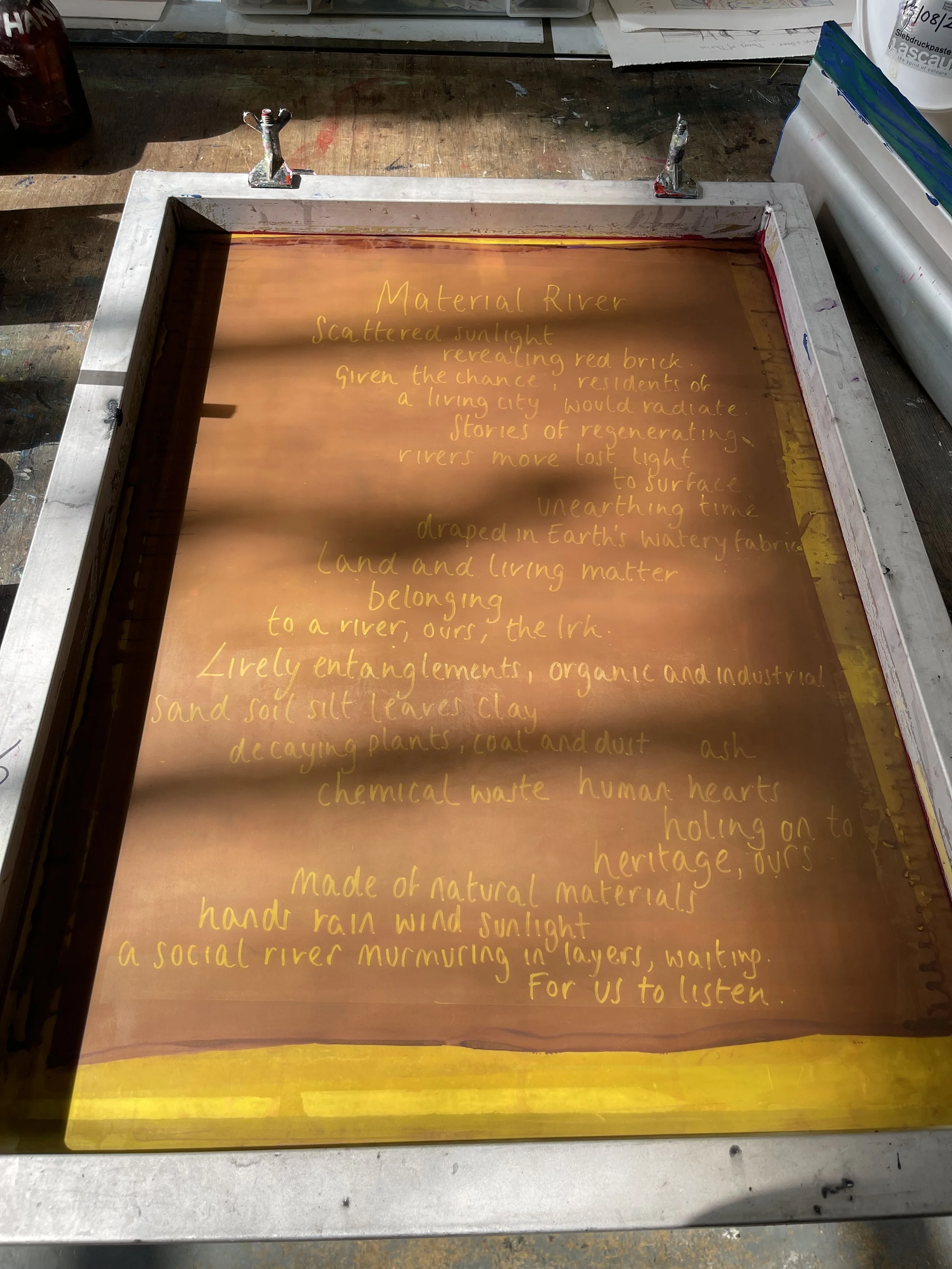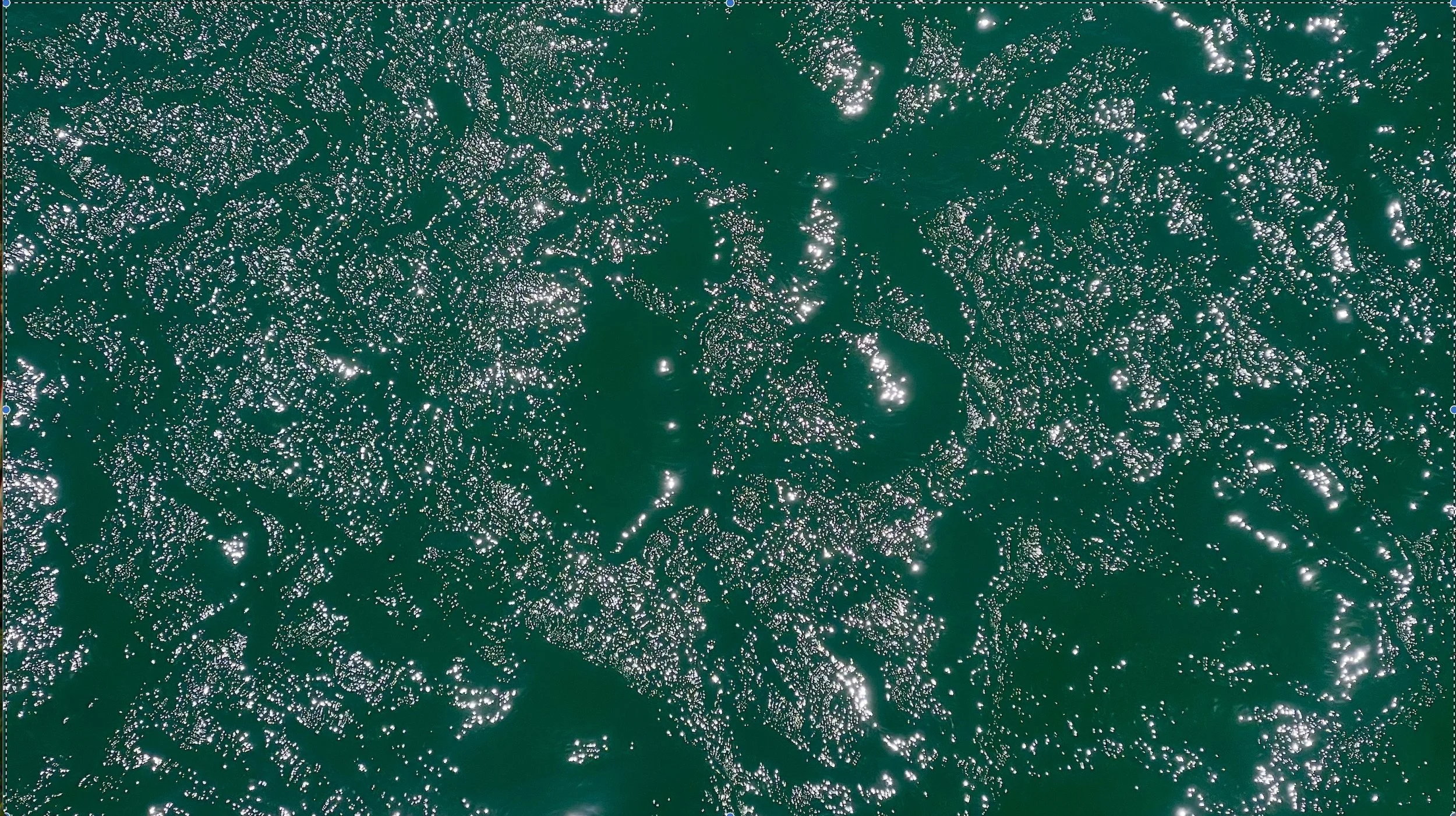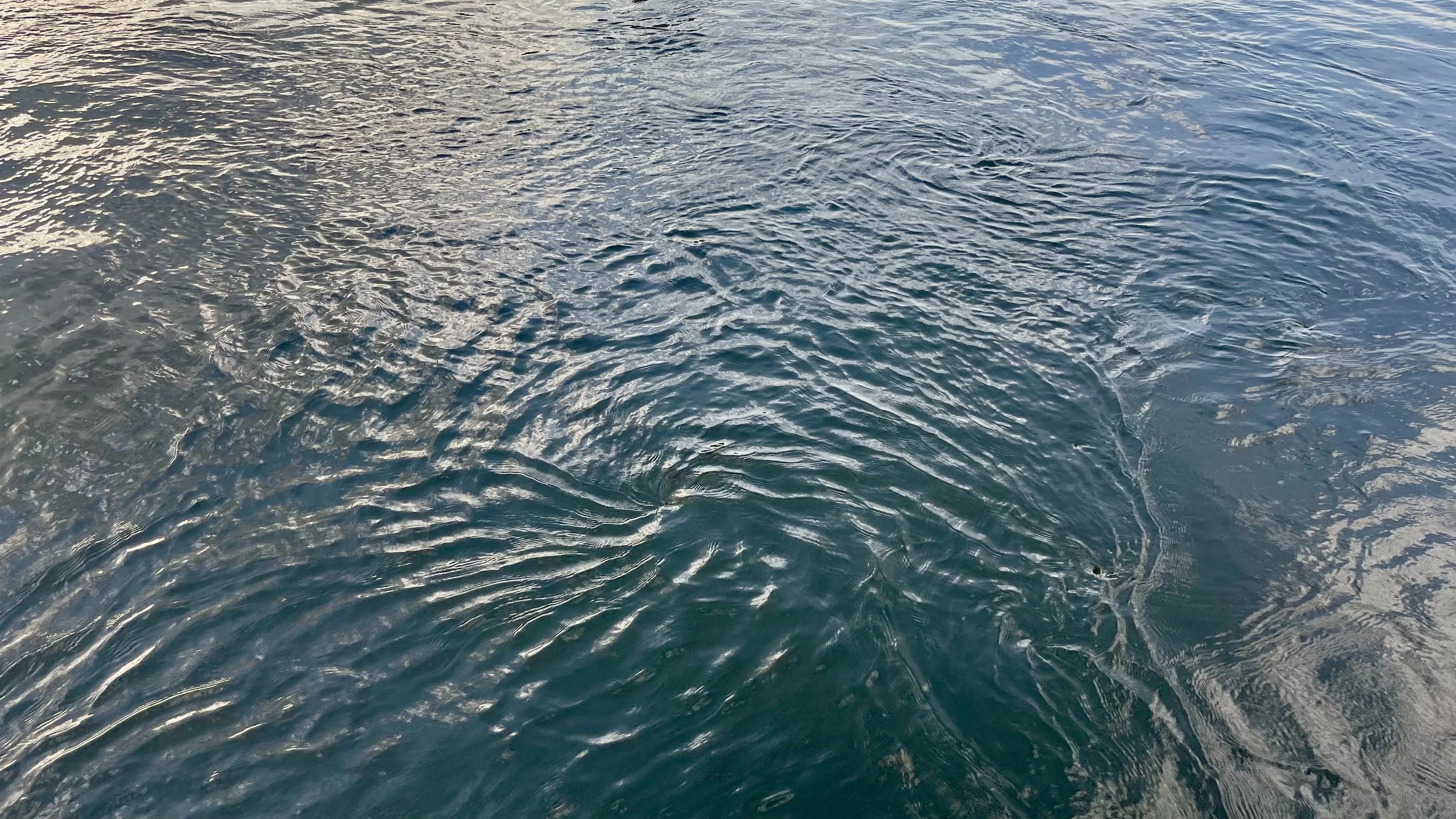From The River’s Mouth
In 2024, The Guardian published an article titled ‘Would you swim in that?’ written by Alex Clark. The piece highlighted the severe pollution of the River Irwell, noting that in 2023, the river experienced the highest rate of sewage spills in England, with 95 spills per mile, totaling 11,974 spills. Residents and visitors expressed concerns over the contamination, emphasising the need for greater public involvement in sewage discharge decisions and increased investment in infrastructure.
In contrast, Arthur Ransome's 1926 article portrayed the River Irwell as a ‘magnificent’ waterway, lamenting its transformation into a ‘sewer’ due to industrial pollution. He expressed hope that future generations might witness the return of trout and salmon to Manchester's waters, emphasising the need for factories to manage their waste responsibly.
These articles, separated by nearly a century, underscore the persistent environmental challenges faced by the River Irwell. While Ransome's piece reflects a vision of hope and potential restoration, Clark's 2024 article highlights ongoing concerns and the urgent need for action to address the river's pollution.
As an artist and lover of natural waterways, it was music to my ears that in 2025, Manchester-based sound artist Hayley Suviste would reimagine the River Irwell through a residency at UoS Acoustic Laboratories, resulting in three stages of sound and image installation titled ‘From The River’s Mouth’.
A gift from Hayley to the City of Salford, to SFTOC festival, to river lovers everywhere.
I wanted to communicate my experience of ‘From The River’s Mouth’ to Hayley and have chosen a medium I adore to do so - thinking through the written form as a method to understand a visceral embodied experience of rivers, and of this artwork.
I. in the shallows (anechoic chamber)
There is a room whose movement I feel beneath my feet. Bouncing floors separate cushions of sound - I feel like I am inside water. This is an anechoic chamber, a space designed to absorb all sound reflections, where silence becomes a presence in itself. In the River Irwell, it becomes a kind of listening vessel, isolating the layered textures captured underwater - currents, debris, the distant hum of city life - from any outside interference.
This first room allows for eight bodies, meaning my group is separated into two. I am in the second group and before going in we have some time with Hayley while the first group experience something I later learn is all encompassing.
Hayley explains she has filled all of the speakers with underwater sounds from her time with the river over the last three months. That in the second room, winter frost will be present with images of sunlight, all of which I forget once I am in each act of the river.
Someone asks Hayley about the hydrophone devices used to record the water and I later research this so I am firm within my own knowledge. I am in love with hydrophones, underwater microphones that are used to capture otherwise inaudible worlds beneath the surface of a body of water.
Underwater objects (such as boats, the feet of ducks, or even the walls of culverted rivers) produce sound waves that travel through the water, creating subtle pressure changes as they move. Hydrophones, often made with piezoelectric materials, translate these changes into electrical signals. When a sound wave encounters the hydrophone, the pressure causes the material to vibrate, generating a voltage that mirrors the frequency and intensity of the sound. These signals are then amplified and recorded using audio equipment, revealing a rich tapestry of textures. Both active and passive hydrophones are used in fields like marine and oceanographic research, underwater communication, and monitoring noise pollution. For Hayley, they offer a different yet resonant purpose: a sonic portrait of the Irwell, connecting scientific method with artistic imagination.
Hayley is full of imagination. She tells us we can pretend to be underwater creatures if we like and I prepare to metamorphose into a star fish, with a layer of city smog.
Layered is a good word to describe this first room. My chest is vibrating and I am encouraging myself to breathe into the space. In the shallows I become unaware of the dryness of the room. My sentient body takes over and I refrain from lying down on the netting that separates me from the speakers and foam material below, I close my eyes and imagine myself floating with underwater sounds - natural rhythms of water rippling alongside creatures - tadpoles, the feet of swans paddling, my fellow star fishes and currents of time. The hydrophone recordings are suspended in pure clarity, as if the river has been lifted from its banks and poured into the air around me.
I am speechless as I leave and am led towards the listening room. Please no one touch me or ask me what I think in this moment. I am not ready to be human again. Later I reflect on the room itself, reminiscent of those foam pools I used to spring into during gymnastics as a youth.
II. at the river’s edge (listening room)
There is a dark room with seats lined at the back and beanbags on the floor. I lingered in the first room too long to find a seat so sit cross legged on the floor. Two screens play beautifully composed moving river images - two swans swimming together, reflections of their bodies pull them into frame moving from the right image through a portal (a gap between screens) into the left. The images and sounds feel intimate - we have been invited to sit and listen and watch the river through Hayley’s gaze and ears. Ethereal sounds pull me from natural waters, the breeze and a woman’s voice calling ‘Reggie’ so many times you realise it’s a dog. I laugh raptured in light, I cannot believe this is the river Irwell until a shopping trolley appears. I feel relief, not that there is rubbish in the river, but that a river’s reality is being played out for an audience to see. This work is special, it is beautifully gentle yet electrifying.
III. outflow (reverberation room)
It is in the reverberation room that the spell fully takes hold. The sounds, of the River Irwell murmuring below the surface, of a clarinet weaving through its currents, fill the space like breath. Reverberation is the lingering of sound after its source has stopped, a resonance that bounces and blends as it meets walls, water, and air. Here, echoes become tactile. Each note or ripple of river sound sends vibrations across the shallow pool at my feet, causing the water to tremble in response, tiny waves pulsing outward in time with the sounds. A star-shaped pattern of light dances on the floor, reflected from a glass bowl of water lit from behind, as though the night sky has been pulled down and scattered across the room. I sit at the front, where my legs rest in the water, feeling each sound, as though the space itself is breathing. It is here I realise that Hayley is not just an artist but a magician of sound, wonder, and subtle humour. I know this is the final room, but I don’t want it to end.
Hayley has transformed all three rooms into worlds entirely her own, each one a carefully tuned space where sound, light, and water blur the lines between the real and the imagined. I find myself telling her how amazing she is. I use the words special and awe inspiring and we giggle. Her talent is unmistakable, but it’s her playful and precise spirit that’s infectious. We go to the toilet together, and she laughs, calling it the fourth room. We imagine recording our own water sounds there, pretending to inform an imaginary stranger of our watery delights.








